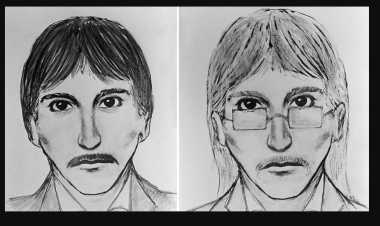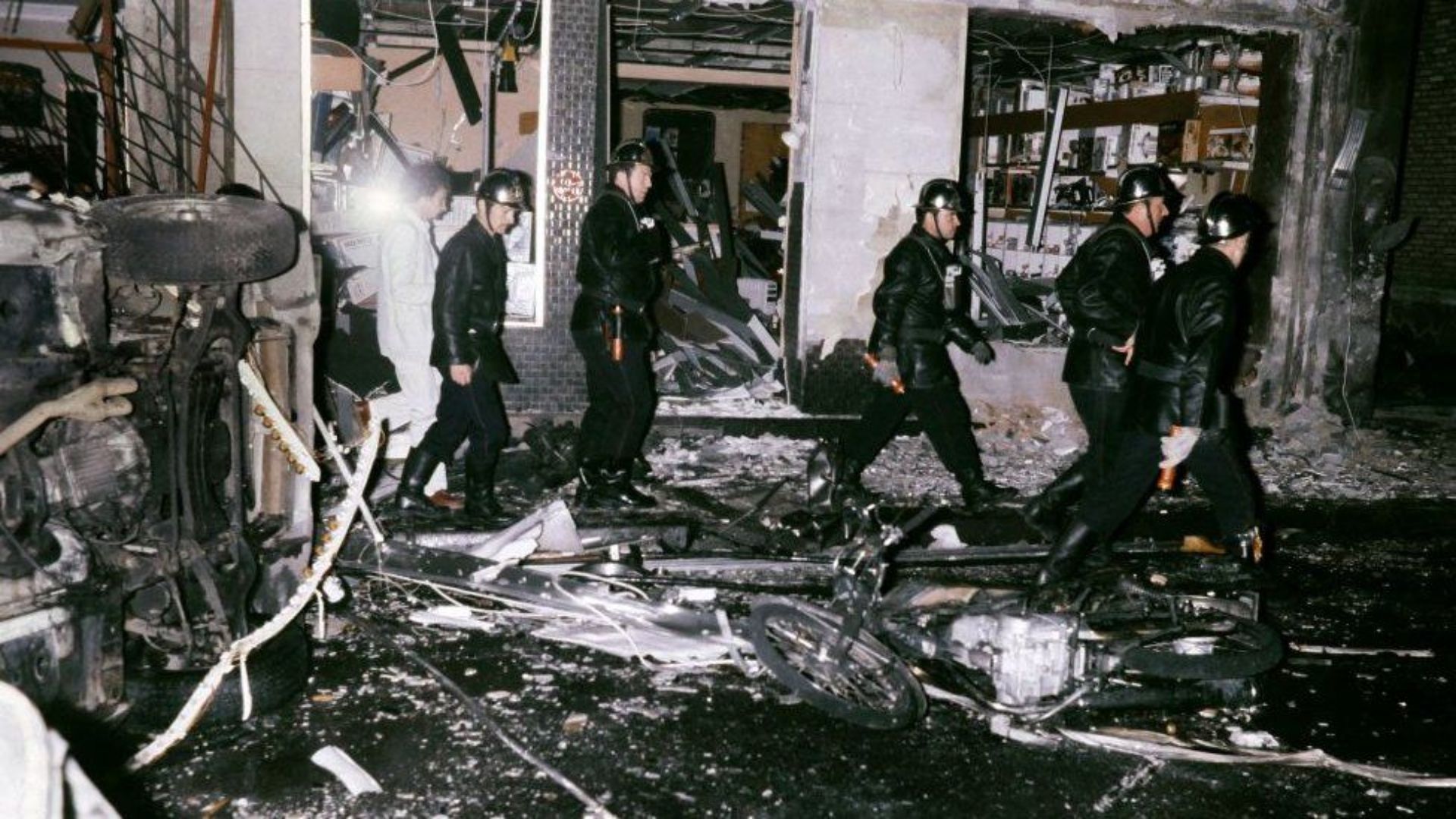A court in Paris has convicted a Lebanese-Canadian university professor of carrying out the deadly bombing of a Paris synagogue that occurred more than 42 years ago. The judges determined that Hassan Diab, who is now 69 years old, planted the motorcycle bomb in the Rue Copernic on 3 October 1980, killing four people and injuring 38 others. Prosecutors argued that there was "beyond possible doubt" that Diab was responsible for the attack, while Diab's supporters have described the trial as "manifestly unfair". Canadian media reported that Diab called his situation "Kafkaesque".
Despite being sentenced to life imprisonment, Diab refused to attend the trial. He is a Lebanese of Palestinian origin who obtained Canadian nationality in 1993 and is currently teaching sociology in Ottawa. The Rue Copernic attack was the first to target Jews in France since World War Two and became a template for many similar attacks linked to militants in the Middle East that followed over the years.
The investigation into the deadly bombing spanned decades and was plagued with confusion and challenges. However, a handful of magistrates were determined to pursue the case and prevent it from being forgotten. The trial's outcome is a significant milestone in seeking justice for the victims and their families. However, it has also sparked controversy, with some calling for a fair and unbiased investigation into Diab's involvement in the attack.

Police released an artist's impression of the bomber in 1980
In 1999, new evidence named Hassan Diab as a suspect in the bombing case, almost two decades after the killings. In 2007, French authorities issued an international arrest warrant, and in 2014, Canada agreed to extradite Diab. However, French magistrates closed the case in 2018 due to a lack of proof, allowing Diab to return to Canada.
In 2021, an appeal against the closure of the case was upheld in the Supreme Court, paving the way for the trial to proceed. Diab has continuously maintained his innocence and did not return to France for the trial, which was conducted in his absence. Following his conviction, a second extradition request may follow, but it is unclear whether it will be successful.
Canadian media outlets reported that Diab described his situation as a "nightmare", and the Hassan Diab Support Committee in Canada called on Prime Minister Justin Trudeau to make it clear that no second extradition would be accepted. At a news conference, Trudeau stated that his government would carefully consider the next steps, taking into account the actions of the French government and tribunals.
The decades-long investigation into the synagogue bombing case has been marred with confusion and controversy. The recent trial's outcome is a significant milestone in seeking justice for the victims and their families. However, it has also sparked further debates and calls for a fair and unbiased investigation into Diab's alleged involvement in the attack.
The trial heard arguments both in favor and against Diab's identification as the perpetrator of the bombing. Some evidence suggested he was a victim of mistaken identity, while other evidence implicated him in the attack. However, none of the original investigating team was alive to testify, and surviving witnesses who saw the attacker in 1980 all admitted their memories were too hazy to be reliable after more than 40 years.
The bomb was placed in the saddle-bag of a motorbike outside a synagogue in Paris' wealthy 16th arrondissement. The investigation initially focused on neo-Nazis, but a claim by an ultra-right group was found to be false. Attention then turned to a Middle East connection, with the bomber thought to belong to a dissident Palestinian group called the Popular Front for the Liberation of Palestine-Special Operations (PFLP-SO).
Hassan Diab's name emerged as a suspect in 1999, almost 20 years after the attack. In 2014, Canada agreed to extradite Diab to France, where he was released in 2018 after French magistrates declared the case closed for lack of proof. However, in 2021, an appeal against the closure of the case was upheld in the Supreme Court, allowing for a trial to finally take place.

Despite protesting his innocence, Diab was convicted of carrying out the bombing and given a life sentence. The verdict means that a second extradition request will likely follow, but it is uncertain whether it will be successful. The Hassan Diab Support Committee in Canada called on Prime Minister Justin Trudeau to make it clear that no second extradition would be accepted, calling the trial a legal "nightmare" of "overwhelming cruelty and injustice."
The prosecution's case rested on a fake Cypriot passport bearing the name Alexander Panadriyu, which was found to have been used by the bomber. Italian authorities revealed that in 1981, the passport of a Hassan Diab was found at Rome airport in the possession of a senior figure from the PFLP-SO, and bore stamps showing the holder entering and leaving Spain around the time of the attack. While in custody, Diab explained that he had lost the passport just a month before the attack, but a French judge in Lebanon found an official declaration for the lost passport made in 1983, with a date of loss in April 1981.
Despite arguments from both sides, the prosecution ultimately convinced the court that Diab was the bomber. However, the evidence against him was mostly circumstantial, and there was no concrete proof that he was in France at the time of the attack. The defence argued that Diab had been sitting university exams in Beirut, and that handwriting analysts had dismissed the hotel registration form signed by the attacker as inconclusive.
The prosecution's case rested on the passport found at Rome airport in the possession of a senior figure from the PFLP-SO. They claimed that the passport belonged to Diab and that it proved he was in France at the time of the attack. However, the defence argued that this was a case of mistaken identity and that the passport could have been forged or stolen.
Despite the lack of concrete evidence, the court ultimately found Diab guilty and sentenced him to life in prison. The verdict has been met with criticism from Diab's supporters, who say that he is a victim of mistaken identity and that the evidence against him was not strong enough to justify a conviction. They are now calling on the Canadian government to prevent his extradition to France for a second trial.